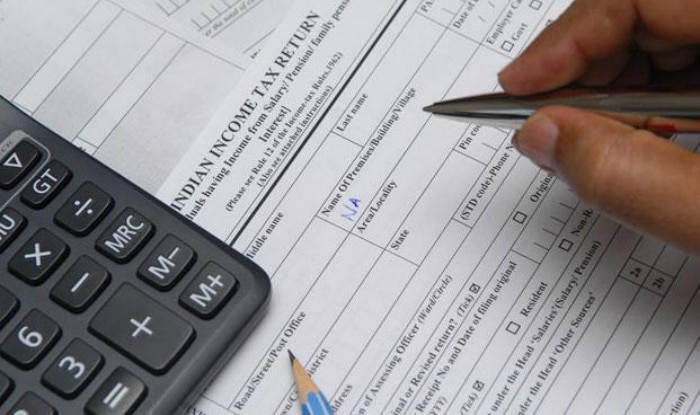Don’t Delay Filing Income Tax Return Beyond 31st July This Year. Here is Why

The process for filing income tax return (ITR) has already been started with the government notifying new forms for the Assessment Year 2018-19. The new forms require you to disclose much more information about your income ranging from break-up of your salary to quoting of gross receipts as per GST returns. While many of us tend to file return at the last moment, the advice is not to delay it beyond July 31st this year. This is because income tax laws have been changed and any delay from this year onwards might result in payment of heavy penalty .
Here are four reasons for filing ITR well in advance this year:
Avoid Penalty
For income tax return of financial year 2017-18 and onwards there is a late fee of Rs 5,000 if the return is furnished after July 31st but on or before December 31, 2018. The penalty goes up if you miss the December deadline, as there will be a fee of Rs 10,000 if ITR is filed after December 31. Penalty is low, however, for small taxpayers, as for people earning less than Rs 5 lakh the penalty amount not exceeds Rs 1,000.
Reducing Interest Burden
The late filing could pinch you more if any tax-liability is due on your part. Archit Gupta, Founder and CEO ClearTax, says, “In case you have tax liability and you have not filed your return in time, the interest is charged at 1% simple interest per month for the period of delay, under section 234A of the Income Tax Act.”
Maximising Interest Income
Under the provisions of the Act, in case an assessee has to receive a refund for the excess tax paid, and there is a delay in receiving the refund, the income tax department has to pay an interest at the rate of 0.5% per month for the period of delay.
Consider this: if you have filed ITR on time then your interest due is calculated from the first day of April of the assessment year to the date on which the refund amount actually gets processed. In case of late filing, interest is calculated from the date of filing ITR to the date when refund gets processed. It means the delay of even one day could cost you interest for the period of four months from April to July.
Gupta, says, “The period of delay is considered from the first day of the assessment year to the day the refund is received. In case of delay in filing of return, the time period for interest will be considered from the day of filing the return till the date the refund is received.”
Carry Forward of Losses
You cannot forward your losses if you do not file your return on or before the due date. Gupta, says, “Another benefit which is missed, is the carry forward and set off of losses. The only exception to carry forward and set off losses is house property. If you have any losses under any of the heads of income (except house property), you will lose the benefit of carrying forward of these losses to set them off against income next year if you do not file your return within the original due date.”
So, this year start filing your income tax return well in advance as any delay can lead to unneccesary hassles. Start collecting all your relevant documents , such as Form 16 and capital gain statement, as last minute rush could lead to technical failures and hence delaying your process of filing income tax return.







 →
→












0 comments:
Post a Comment